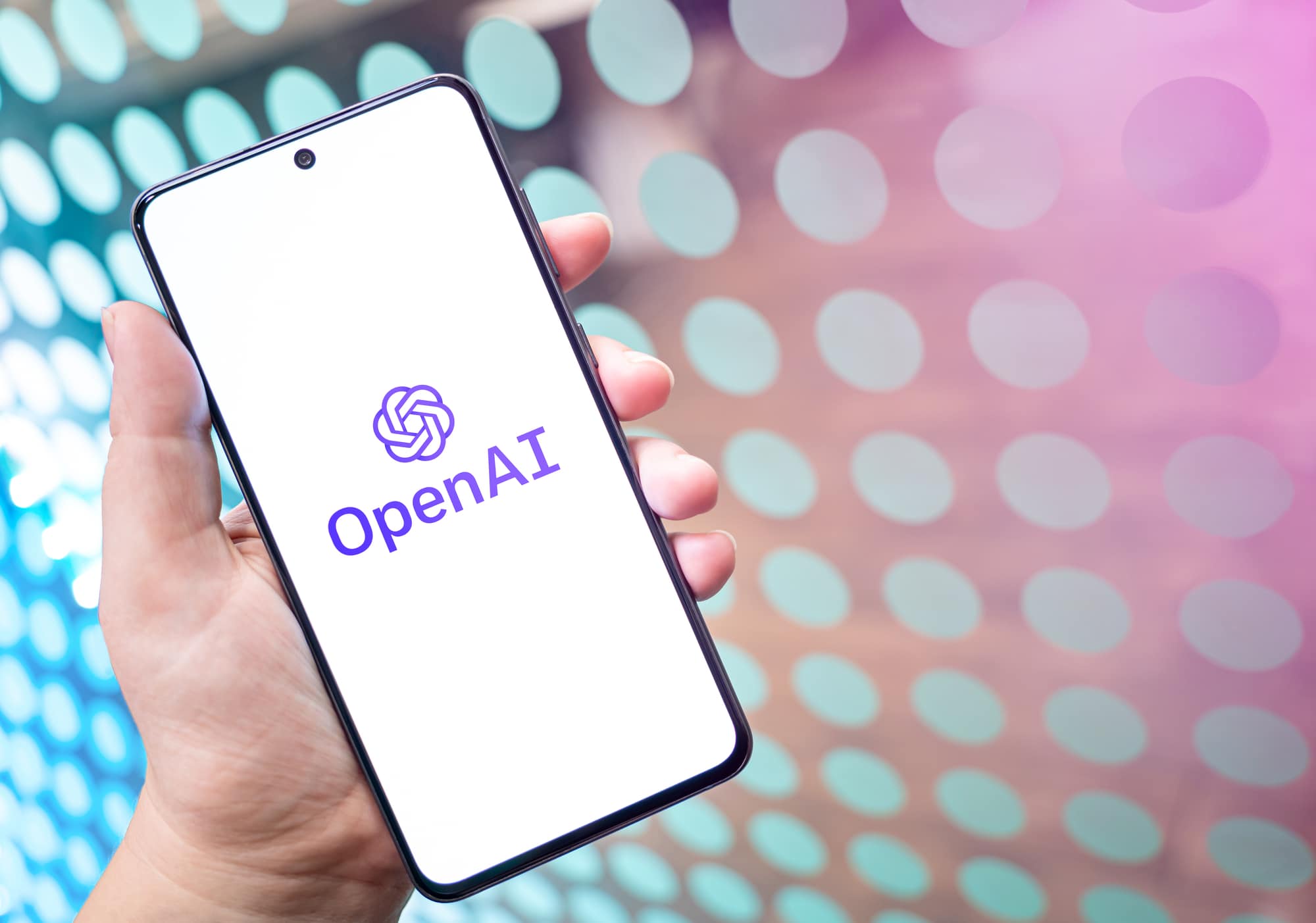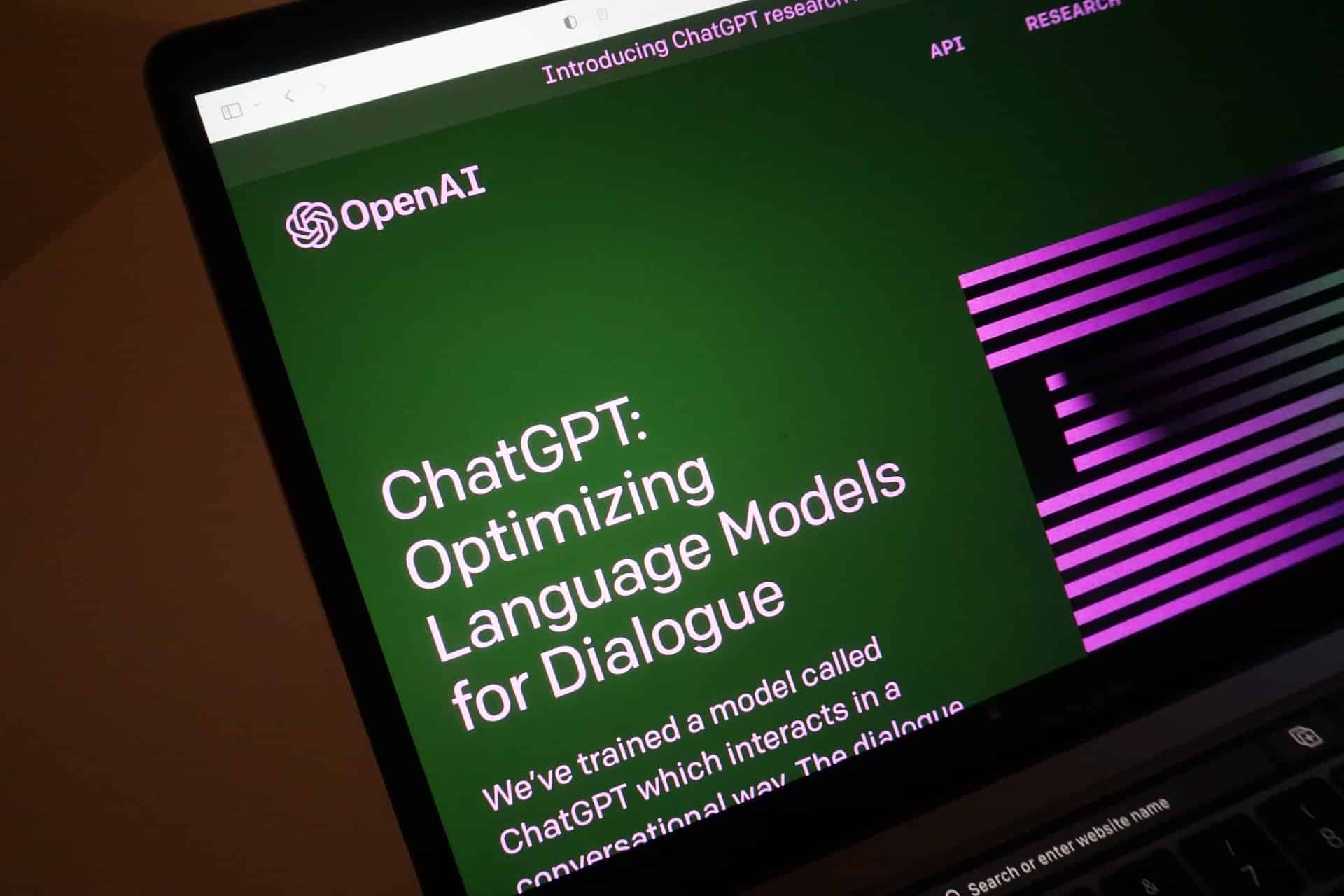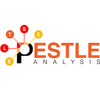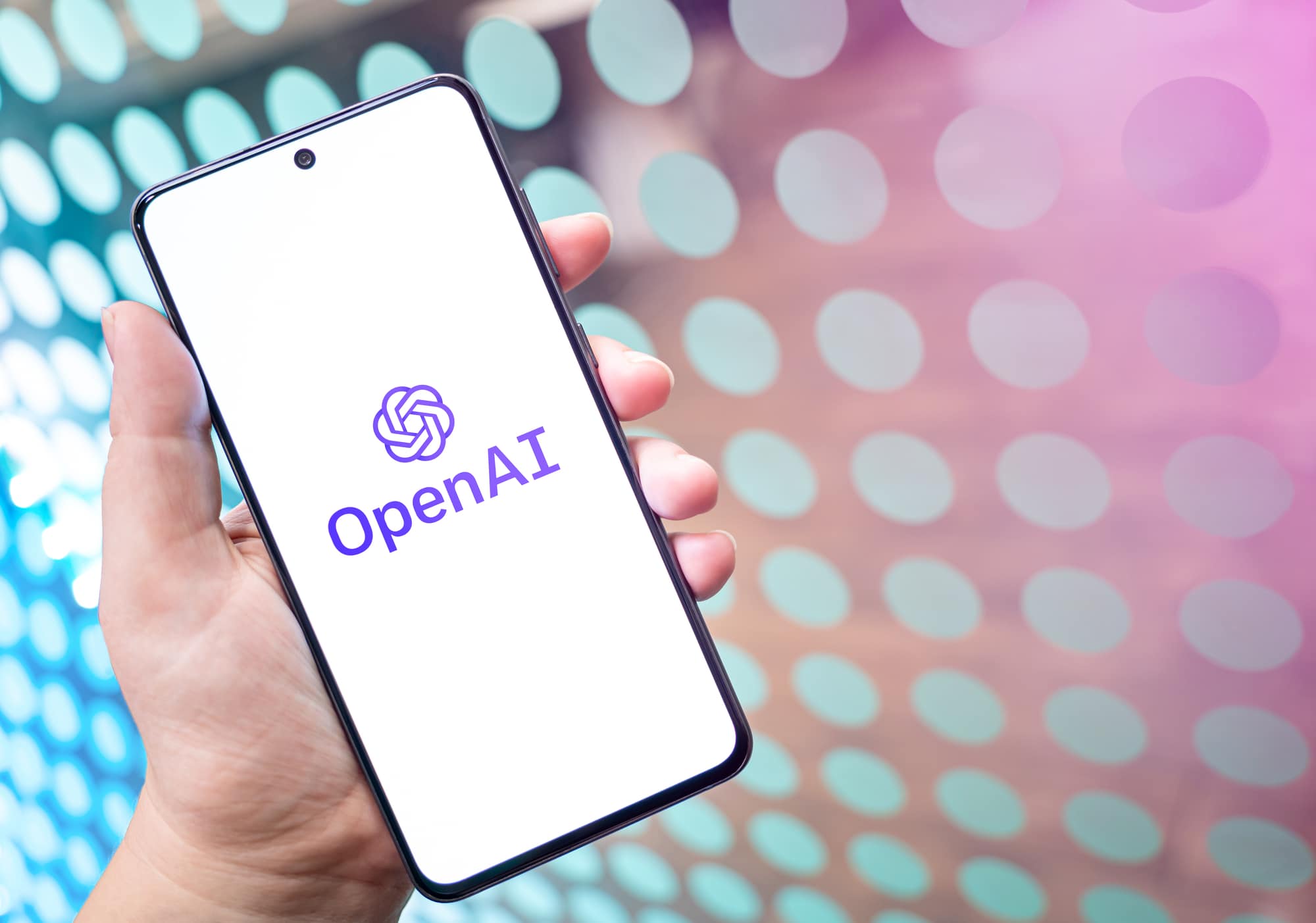Our OpenAI PESTLE Analysis investigates how various external factors impact the operations of the leading Artificial Intelligence platform.
Do you know that artificial intelligence can help you with routine tasks at work and at home? It can help you in allocating your time more efficiently.
This article is a must-read if you are unaware of how AI can help you with your tasks! This article will examine one of the most famous AI research laboratories, OpenAI.
OpenAI is a platform that offers several AI tools. People use these tools to increase their work quality and efficiency. As awareness regarding AI has increased over the years, more customers have been attracted to OpenAI.
In today's article, we will discuss the history and significance of OpenAI. After that, this article will conduct an OpenAI PESTLE Analysis to see how various external factors impact the operations of the leading AI platform. Today's analysis perfectly matches our OpenAI SWOT analysis, so make sure not to miss that!
OpenAI is an AI research laboratory consisting of researchers and engineers who work on advancing the field of AI safely and beneficially.
The organization was founded in December 2015 by a group of technology luminaries, including Tesla and SpaceX CEO Elon Musk, venture capitalist Sam Altman, and other prominent figures in the tech industry.
The founders of OpenAI initially saw the potential for AI to transform the world in numerous positive ways. However, they also knew the potential dangers of rapidly advancing AI technology.
The organization was created to promote and develop AI that benefits humanity while avoiding the negative externalities that could arise from unchecked AI development.
In its early days, OpenAI focused on developing advanced AI algorithms and technologies, including natural language processing and machine learning.

One of its most notable achievements was the development of GPT-2, a language model capable of generating highly realistic and coherent text. However, due to concerns about the potential misuse of such technology, OpenAI initially chose to withhold the release of GPT-2's full capabilities.
Over time, OpenAI has continued to expand its research efforts, tackling a wide range of AI-related problems and exploring new and innovative approaches to AI development.
In addition to its research efforts, the organization has also worked to promote public awareness and understanding of AI, hosting conferences and educational events designed to help people understand the potential benefits and risks associated with the technology.
Today, OpenAI continues to be a major force in the AI research community, pushing the boundaries of what is possible with AI while remaining focused on creating a positive impact on society. Its research has led to numerous breakthroughs in AI technology, and its contributions have helped shape the field's future.
Now that we have discussed the history of OpenAI let's proceed further and discuss what PESTLE analysis is.
PESTLE analysis is a tool businesses use to analyze how external factors such as Political, Economic, Technological, Legal, Environmental, and Social factors impact the operations of a business.
Now that you know what PESTLE analysis is, let's proceed further and conduct the OpenAI PESTLE analysis.

Political Factors Affecting OpenAI
As an organization that operates globally, OpenAI is subject to various political factors that can impact its operations. This section will look at the political factors that impact OpenAI.
The first political factor that impacts OpenAI is government policies.
This is because governments play a crucial role in shaping the regulatory environment for AI research and development.
For example, governments can introduce regulations on data privacy, intellectual property rights, and ethical considerations that can impact OpenAI's operations. Any changes in government policies related to AI can significantly impact OpenAI's operations, and the organization must stay up-to-date on any developments in this area.
Another political factor that impacts OpenAI is international relations. OpenAI collaborates with researchers and institutions worldwide. Any changes in diplomatic relations between countries can impact the organization's ability to collaborate with these partners.
For example, suppose two countries are in a trade war or have tensions. In that case, it may become difficult for OpenAI to collaborate with researchers from those countries. Therefore, OpenAI must be aware of its international relations and collaborations to ensure it is not impacted by political issues.
Moreover, government funding and support impact OpenAI since it is a non-profit organization. OpenAI relies heavily on government and private funding to support its research activities.
Changes in government funding priorities or economic conditions can impact OpenAI's ability to secure funding for its research. Therefore, OpenAI must stay up-to-date with government funding priorities and adapt its research accordingly to ensure it continues to receive the necessary funding to conduct its research.

Economic Factors Affecting OpenAI
Economic factors relate to economic conditions, trends, and economic changes. Let's have a look at what economic factors affect OpenAI.
The first economic factor that impacts OpenAI is the level of private sector investment. OpenAI desires an environment where the level of private sector investment is high.
A high level of private sector investment is beneficial for OpenAI since it can provide OpenAI with additional funding to pursue its research and development activities.
Moreover, another economic factor that impacts OpenAI is economic growth. In an economy with economic growth, people become aware of the latest technological developments and adopt these developments to improve the quality of work.
Hence, people will use the AI services provided by OpenAI in an economy that is growing. Besides that, a growing economy attracts talented people from all over the globe.
This is why operating in an economy that is observing growth can help OpenAI in the recruiting process since it'll have a larger pool of talented people to choose from when hiring.
Other than that, the economic conditions of an economy really impact the operations of OpenAI. For example, in an economy with high income per capita, more people will have access to the Internet, leading more people to use tools offered by OpenAI.

Social Factors Affecting OpenAI
In a PESTLE analysis, social factors are external macro-environmental factors that can impact an organization. Social factors relate to societal trends, behavior, lifestyle, and demographic changes.
OpenAI, a non-profit research laboratory focused on developing advanced AI technologies, is subject to various social factors that can impact its operations. In this section, we will explore the social factors that impact OpenAI.
One of the major social factors that can impact OpenAI is demographic change. Demographic changes refer to changes in the age, gender, education, and income of a population. OpenAI's research aims to develop advanced AI technologies that can benefit society.
Demographic changes influence the types of AI technologies that OpenAI develops. For example, as the population ages, there may be greater demand for AI technologies to assist in healthcare and elderly care. Therefore, OpenAI must be aware of demographic changes to ensure its research aligns with the needs of society.
Another social factor that impacts OpenAI is cultural norms and values. Cultural norms and values refer to the beliefs, attitudes, and customs that shape society. OpenAI's research and development activities must align with cultural norms and values to be accepted by society.
For example, OpenAI must ensure its AI technologies do not violate privacy or ethical considerations. OpenAI must also consider cultural differences in its research and development to ensure its AI technologies are relevant and beneficial in different cultural contexts.
Besides that, consumer behavior also impacts OpenAI. Changes in consumer behavior refer to how individuals consume and interact with products and services.
OpenAI must be aware of changes in consumer behavior to develop AI technologies that meet the needs and demands of society. For example, as individuals increasingly rely on mobile devices, OpenAI must develop AI technologies compatible with mobile platforms.

Technological Factors Affecting OpenAI
Technological factors in PESTLE analysis refer to the impact of new and emerging technologies on a business or industry. This section will highlight some of the technological factors that impact OpenAI.
One of the ways through which technological factors impact OpenAI's operations is through the availability of computing power. AI research and development require significant computing power to process large amounts of data and train AI models.
Advances in technology have made computing power more affordable and accessible. OpenAI relies on cloud computing providers such as Amazon Web Services (AWS) and Microsoft Azure to provide computing power for its research and development activities.
Technological advancements in cloud computing have made it more efficient and cost-effective for OpenAI to access the necessary computing power.
Moreover, OpenAI's primary goal is to advance AI technologies to improve society. Therefore, technological advancements in AI can provide OpenAI with new opportunities to innovate and create new AI technologies.
For example, advances in machine learning algorithms and natural language processing have enabled OpenAI to develop new applications for AI, such as language translation and chatbots.
Another way through which technological factors impact OpenAI's operations is through the availability of data. AI algorithms require large sets of data to train models and improve accuracy. Technological data collection and processing advancements have made accessing and using data easier for OpenAI.
For example, the growth of the internet and social media has led to increased data available for AI research. OpenAI can leverage these technological advancements to develop new AI applications and improve the accuracy of its AI models.

Legal Factors Affecting OpenAI
Legal factors are the laws and regulations that impact a business or an industry. Legal factors impact OpenAI's operations first through intellectual property laws. Intellectual property laws protect OpenAI's research and development activities and ensure the organization can profit from its innovations.
OpenAI may need to file patents or trademarks to protect its intellectual property. In addition, OpenAI needs to respect the intellectual property rights of others to avoid legal disputes.
Another way legal factors impact OpenAI's operations is through data privacy laws.
AI algorithms require large amounts of data to train models and improve accuracy.
OpenAI needs to comply with data privacy laws such as the General Data Protection Regulation (GDPR) in the European Union and the California Consumer Privacy Act (CCPA) in the United States.
These laws require OpenAI to obtain consent from individuals before collecting and processing their data and ensure that individuals have the right to access and delete their data.
Besides that, liability laws impact OpenAI's operations. For example, AI technologies can cause harm if not developed and implemented correctly. Therefore, OpenAI must ensure its AI technologies are safe and do not violate any laws or regulations.
In addition, OpenAI may need to purchase liability insurance to protect against any potential legal claims related to its AI technologies.
Environmental Factors Affecting OpenAI
Environmental factors in PESTLE analysis refer to the impact of ecological and environmental factors on organizations. This section highlights the environmental factors that impact OpenAI.
AI technologies require significant computing power, which requires large amounts of energy. Therefore, OpenAI needs to consider its energy consumption and look for ways to reduce it.
This could include using renewable energy sources, optimizing computing processes, or partnering with organizations focusing on energy efficiency.
Moreover, waste management is another way environmental factors impact OpenAI's operations. AI technologies generate significant data and require hardware such as servers and cooling systems.
OpenAI needs to consider how it manages this waste and ensure that it is disposed of in an environmentally responsible way. This could include recycling hardware, donating hardware to schools or non-profits, or using data centers with high environmental standards.

OpenAI PESTLE Analysis: Final Word
OpenAI is a prominent artificial intelligence research laboratory that focuses on developing AI that benefits humanity while avoiding the negative consequences that could arise from unchecked AI development.
Its founders created the company to advance the field of AI safely and beneficially. Over the years, OpenAI has continued to expand its research efforts, tackling a wide range of AI-related problems and exploring new and innovative approaches to AI development.
The OpenAI PESTLE Analysis reveals that the organization is subject to various external factors, such as political, economic, technological, legal, environmental, and social, that can impact its operations.
However, OpenAI's contributions to the field of AI have helped shape the industry's future and made AI more accessible to people. As a result, OpenAI remains a major force in the AI research community, pushing the boundaries of what is possible with Artificial Intelligence while remaining focused on creating a positive impact on society.
This article not only provides insight into OpenAI and highlights the external factors that impact OpenAI, but it also makes the readers aware of the framework of PESTEL analysis.
If reading this article made you curious about what PESTLE analysis is, have a look at some of the examples of PESTLE analysis.


